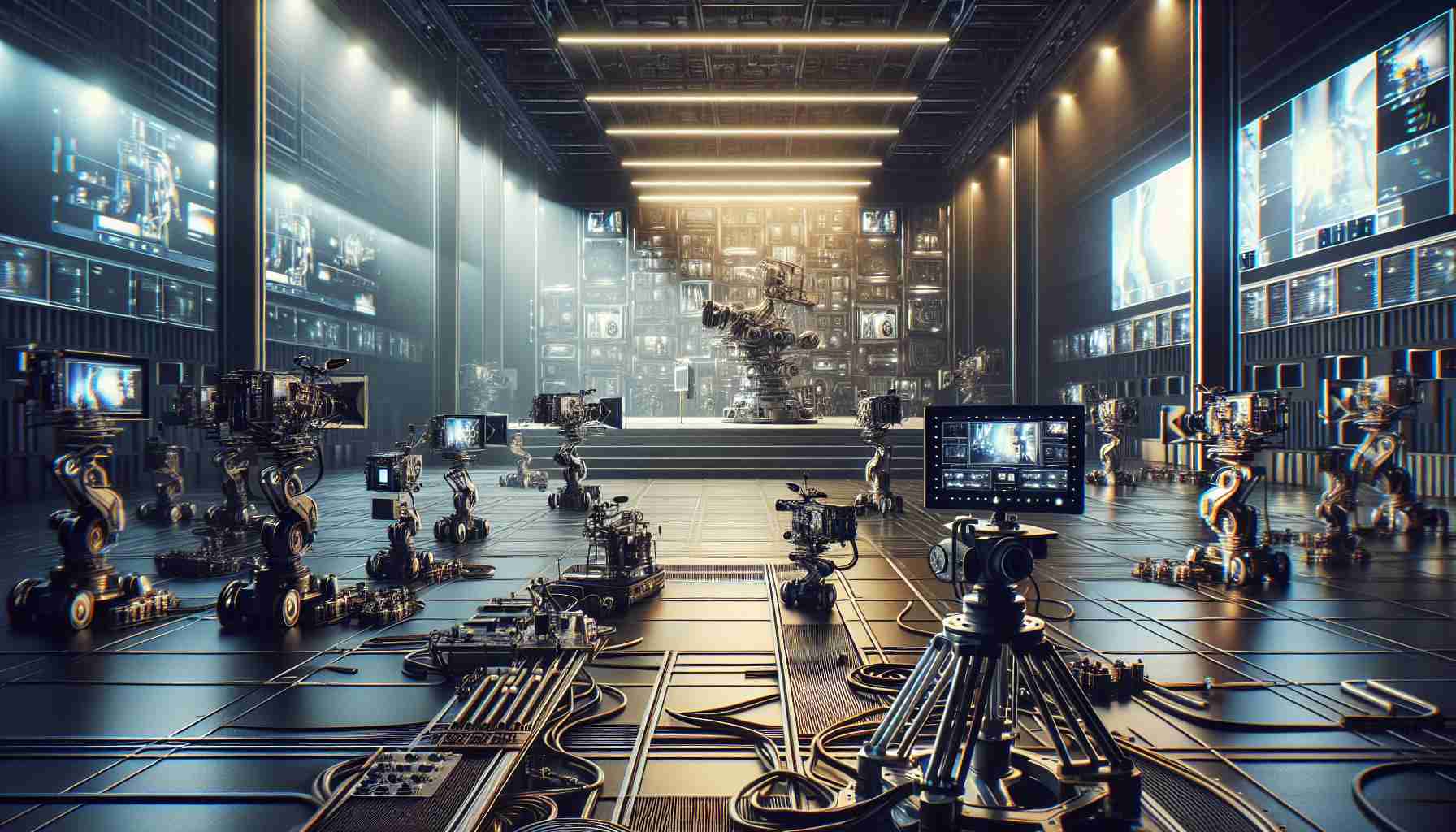The Transformative Power of AI Tools in Filmmaking
In 2024, the filmmaking industry is experiencing a revolution driven by generative AI technology. As creators become more familiar with these advanced tools, the landscape is rapidly changing. In the previous year, the introduction of AI video generators captivated audiences, showcasing their abilities to create photorealistic visuals and lifelike dialogues. Now, the pace of innovation is astonishing as several companies jump into the AI race, from established tech giants to emerging startups.
One notable development is Amazon’s Nova, which offers a suite of generative AI models tailored for creating impressive multimedia content. With tools that generate videos and images from textual prompts, the potential for automated creativity is unmatched—it’s both exhilarating and intimidating. AI-generated advertisements, exemplified by Amazon’s “Pasta City,” illustrate how far this technology has come.
Beyond video creation, AI is enhancing software for filmmakers. Tools like PRODUCER – Maker Machina streamline the production process, automating tasks like shot list creation and call sheets. This allows filmmakers to focus their energy on the artistic aspects of their projects.
Additionally, AI’s multi-modal capabilities are emerging, enabling applications like LTX Studio to unify storyboarding, music generation, and voice-over creation, all within one platform. As filmmakers embrace these innovations, the quest for photorealistic results continues to challenge the boundaries of creativity and reality, marking a pivotal moment in the evolution of the film industry.
Revolutionizing Filmmaking: The Future of AI Tools
The Transformative Power of AI Tools in Filmmaking
As we move further into 2024, the filmmaking industry is witnessing an unprecedented transformation fueled by advancements in generative AI technology. The proliferation of AI tools is not just a trend; it is fundamentally changing the way films are produced, marketed, and experienced. This article explores the latest innovations, their implications, and how they are shaping the future of cinematic creation.
Key Innovations in AI Filmmaking Tools
1. Generative AI Models:
Companies like Amazon have introduced tools such as Nova, which harness generative AI to create stunning multimedia content. These models can translate textual prompts into high-quality videos and images, providing filmmakers with a new canvas for creativity. For instance, Amazon’s project “Pasta City” showcases the capabilities of AI in generating engaging advertisements that resemble traditional media productions.
2. Enhanced Production Processes:
AI is improving the efficiency of filmmaking by automating mundane tasks. Tools like PRODUCER – Maker Machina facilitate the creation of shot lists and call sheets, allowing filmmakers to concentrate on the creative aspects of their projects. This shift represents a significant reduction in pre-production workloads.
3. Multi-modal Platforms:
Innovations like LTX Studio combine various essential elements of production—from storyboarding to music generation and voice-over work—into a single platform. This consolidation streamlines workflows, making it easier for filmmakers to achieve their vision without needing to juggle multiple tools.
Use Cases and Advantages
– Independent Filmmaking: Budding filmmakers can leverage these AI tools without the need for extensive budgets or large crews. By using generative AI for scriptwriting, visual effects, and even sound design, independent creators can produce high-quality films that compete with major studio releases.
– Content Personalization: AI technology enables the customization of content for diverse audiences. By analyzing viewer preferences, filmmakers can tailor narratives and visuals to enhance engagement and reach specific demographics.
Pros and Cons of AI in Filmmaking
Pros:
– Increased efficiency and reduced production costs.
– Expanded creative possibilities, pushing the boundaries of storytelling.
– Accessibility for independent creators without substantial financial backing.
Cons:
– Ethical concerns related to originality and authorship of AI-generated content.
– Potential over-reliance on technology, undermining traditional filmmaking skills.
– Challenges in maintaining a personal touch in storytelling amidst automated processes.
Market Trends and Predictions
The market for AI in filmmaking is set to grow significantly, with projections indicating that the adoption of these technologies will become standard practice by the end of the decade. As these tools continue to evolve, filmmakers are expected to increasingly integrate AI into their creative processes, further blurring the lines between technology and art.
Security and Sustainability Considerations
As AI tools become more embedded in filmmaking, security measures must evolve to protect intellectual property and sensitive data. Additionally, the sustainability of AI-generated content is gaining attention. Filmmakers and tech companies are exploring energy-efficient algorithms and methods to minimize the environmental impact of AI technologies.
The ongoing evolution of AI in filmmaking represents both challenges and opportunities. As creators embrace these powerful tools, the industry is poised for a new era characterized by innovation, efficiency, and creativity. For more insights into the future of filmmaking and technology, visit Example Domain.
